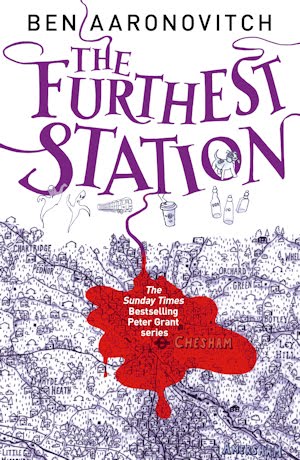Even More Useful Stuff
Dogging
Some people like to have sex in the open air, some people like to watch other people having sex in the open air, fortunately some people like to have people watch them while they have sex in the open air. The term used to describe these activities in the UK is 'dogging' as in "I was out dogging last night." There are websites and other forms of social networking to allow people to arrange hook ups but for many this lacks the exciting randomness of just turning up at a dogging location and seeing what happens.
Ford Asbo
Is Peter's nickname for his, currently second, Ford Focus ST - the term originates with Top Gear presenter Jeremy Clarkson's review of the Focus ST which can be found here.
Fry Up
Otherwise known as the traditional English Breakfast and the opposite of a Continental Breakfast(1). It usually involves a combination of three or more of the following - eggs (fried, scrambled or omelet), bacon, sausage, baked beans, black pudding(2), liver, bubble and squeak(3), onions, mushrooms, chips(4), toast or fried slice(5).
The full expression of this culinary cornucopia can usually be found in two locations, mid-level hotels or a traditional greasy spoon cafe. A proper English person upon moving into a new area will always seek to locate a suitable greasy spoon for those mornings when you just got to eat right no matter what your partner, dietitian or cardiologist says.
(1) Hotels would love to switch to offering just a continental breakfast because it's much easier to arrange a couple of croissants, some fruit and a selection of jams than the wonderful artery clogging panoply of the traditional breakfast,
(2) A blood sausage made from oatmeal and pork blood.
(3) Are you sure you want to know? Okay it's basically a dish designed to recycle leftover vegetables from a big roast beef dinner. So you get yesterday's potatoes, brussel sprouts, cabbages, peas and anything else you might have lying around - and then you fry them until they're a nice crispy brown on both sides. It was big during the dark days of rationing but now it's mostly made from fresh ingredients.
(4) French Fries.
(5) A Fried Slice of bread. Oh god now I'm hungry.












